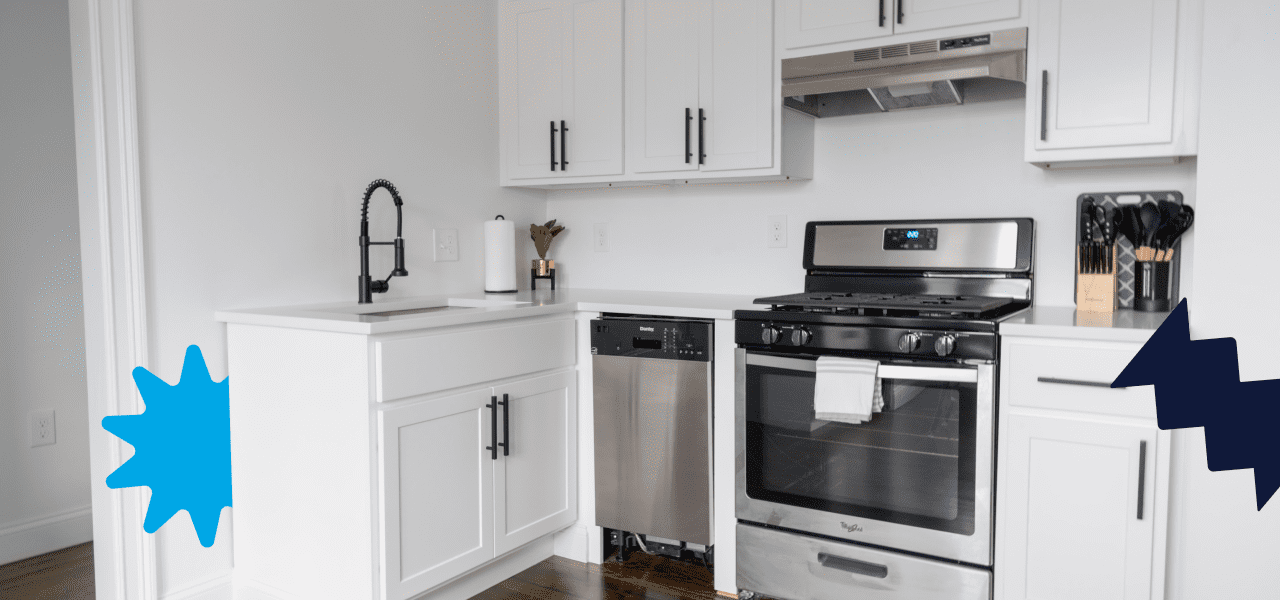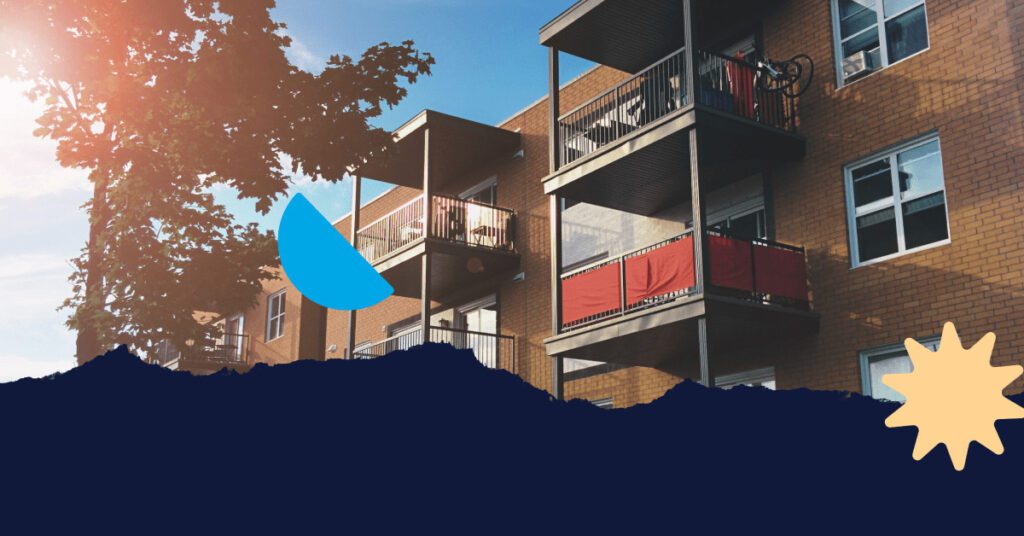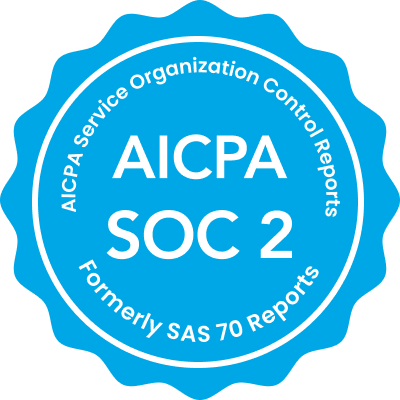One of the most crucial decisions students make when they move out to attend college is whether to live in a dorm or an apartment.
As a landlord, you’re obviously in the position to accommodate students seeking off-campus living options. Naturally, you’ll attract those who prefer an apartment and its unique advantages.
However, the on-campus lifestyle also offers notable benefits for students. Some of these can be enticing enough that students won’t even consider renting an apartment as an alternative. For this reason, it’s wise to become familiar with the factors that students evaluate when making their decision. You may gain some ideas about how to make your rental unit more appealing to them.
What factors do students consider when deciding between a dorm and an apartment?
Here’s a list of the main factors that students assess when deciding whether to live in a dorm or an apartment:
- Rent costs
- Social life
- Privacy
- Personal freedom
- Perks and amenities
- Location
- Roommates
Let’s look at how dorms and apartments fare against one another in each of these categories.

Rent Costs
For students on a tight budget, dorms can be a pricey option. The reason is that the rent cost encompasses more than just accommodation. It also covers food, utilities, laundry, and other amenities.
Usually, these extra perks are non-negotiable, so students must pay for them even if they don’t find them valuable. However, some students do find them convenient and cost-effective.
In addition, the college may charge an annual fee that costs students’ thousands of dollars extra on top of their rent. No wonder college campuses can offer “free” internet!
The rent price of an apartment can be pretty affordable, especially if a student is seeking basic, no-frills accommodation. Unlike a dorm, there are no other expenses to worry about, like mandatory meal plans, annual fees, and administrative fees.
Students have the option to furnish an apartment sparingly to save money. They also can tailor their home services plans, like internet and cable. As a result, they end up paying only for the things they wish to use.
There’s no disputing that apartment rent prices vary considerably based on the building type, location, amenities, and other characteristics. However, when compared to dorms, apartments are usually the cheaper option.
Knowing how much rent a college student can afford is helpful. If you’re competing primarily on price with college dorms, you should familiarize yourself with how they charge students to live on campus.
To uncover dorm rent rates, you can visit college websites. For example, here is what McGill University’s Student Housing program charges for on-campus living.
Let’s say you discover that dorms are a better deal financially in your area. In that case, you can find ways to make your apartment more attractive such as:
- Providing superior amenities
- Bundling utilities with the rent price at a discount
- Offering one month of free rent.
Social Life
Campus living enables a vibrant and enriching social life for students. It allows them to meet many new people and participate in a wide range of activities and events.
The social aspect of college is valuable for first-year students learning to adjust to living independently. Being around peers of their age group helps make the transition from home to college life smoother – and more fun.
Students who opt for apartment living miss out on colleges’ unique social experiences. They’ll have fewer opportunities to make new friends and participate in social functions and activities. While they can dedicate time to mingling with their classmates outside the campus, stronger bonds tend to develop when people live together for an extended period.
Keep in mind that a student’s need for social interaction will likely change over time.
For example, a first-year student is more likely to live on campus. The reason is their priorities are developing friendships and establishing a network. In contrast, a sophomore may already have a sizable social circle. As a result, they may prefer to live in an apartment to focus more on their studies and hobbies.
Thus, as a landlord, you may want to focus on catering your apartment to sophomore students.

Privacy
While living in a dorm, students usually only have access to a bed, desk, and dresser. They may have to share a bathroom, kitchen, living room, and laundry room. And not only with their roommates but an entire floor or wing.
Not surprisingly, everyday chores and activities can get messy and hectic. Some students may not tolerate such an environment.
An apartment is the preferred option for students who hate overcrowded living quarters. A single individual renting an apartment will have full access to a kitchen, living area, and bathroom and generous storage and closet space.
Apartment living offers much more peace and privacy. This aspect is hugely beneficial for individuals who enjoy spending time alone. They can study and focus on their hobbies without constant distraction and disruption.

Personal freedom
Students who live in a dorm must obey more rules and regulations than if they were living off-campus. Of course, many restrictions are justly in place to protect students and other campus staff. But some can be irritating and intrusive.
Conversely, students have much more freedom in an apartment setting. As long as they pay their rent and don’t conduct any illegal activity on the premises, they can generally do as they please. This includes decorating the unit as they wish, leaving and arriving when they want, hosting parties, etc.
Of course, they must still observe rules laid out in the lease agreement and not become a nuisance to tenants in adjacent units. But the restrictions are less demanding overall than those found in a dorm.
Perks and amenities
Many dorms offer students various perks and amenities at no extra charge. These include internet, cable, electricity, heating, and parking. The dorm rent covers these expenses, which can work out to be cheaper for students than if they paid for them separately.
Most campuses provide plenty of common areas too. These may contain large television sets, games, exercise equipment, and spacious lounges. Students also have direct access to college cafeterias and other helpful services.
Apartments vary widely in the amenities and perks they offer. A student living in an apartment may have access to an in-unit washer and dryer, modern stainless steel appliances with smart technology, air conditioning, underground parking, a balcony, and more.
In addition, some apartments have plenty of awesome common areas: a swimming pool, gym, party room, etc.
As a landlord, the more perks and amenities your apartment provides (and the higher the quality), the better you’ll be able to compete with dorms.
Location
Dorms are conveniently located inside college campuses, allowing students easy access to classrooms, study halls, libraries, labs, gyms, and other areas of the school. This helps them dramatically to cut down on their travel time and transportation costs.
Students who live in an apartment may have to contend with a lengthy commute to the college campus. Since they’ll be using a vehicle to get around, they’ll also need to spend extra money on fuel, car insurance, and maintenance. And finding a parking space may be a daily challenge.
Students relying on public transportation may save money compared to those with a vehicle. Still, their commute will be more tedious – especially if they routinely miss their bus!
As a landlord, you may have to offer a discounted price if your property is far from campus to attract a student tenant.
Roommates
In some cases, students have no input when choosing their roommates in a dorm. The college will assign each student to a dorm unit at their discretion. As a result, people with widely different lifestyles and personalities may end up living together. This scenario can potentially lead to conflict and arguments down the road.
When renting an apartment, students can exercise greater control in choosing roommates. They can select a friend, acquaintance, or someone they know, trust, and genuinely enjoy being around.
Final Thoughts
So, which living space is a better choice for students overall? A dorm or apartment?
The truth is that it’s a close call. Both options offer benefits and drawbacks. And these can vary considerably based on what college a student attends and in which city or town.
Ultimately, students will choose based on various factors based on their needs, lifestyle, and financial resources.
Suppose you’re hoping to rent out your apartment to students. In that case, it’s worth researching to understand what appeals to this young demographic. Be sure also to investigate what college campuses charge and the types of perks and amenities they make available to students.
With this knowledge, you can better position your apartment to compete with college dorms. A combination of affordability, solid amenities, enticing perks, and perhaps some discounts can pique students’ interest.
Still, always remember to take the necessary precautions when screening students. A quality tenant should be responsible, respectful, and, most importantly, capable of paying rent on time.
SingleKey’s Tenant Report can help you discover the ideal tenant. When signing up, you’ll receive a comprehensive credit and background check on an applicant in as little as five minutes. This easy-to-read report provides you with everything you need to effectively screen tenants and spot red flags.
Looking for more security to ensure a tenant doesn’t harm your bottom line? Check out SingleKey’s Rent Guarantee program, which guarantees your rental income for up to 12 months if your tenant fails to pay their rent. Plus, you’ll have access to a paralegal team to help you evict a troublesome tenant and reimbursement for up to $1,500 in legal fees.




